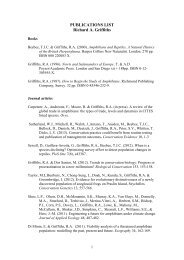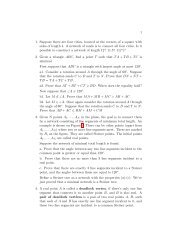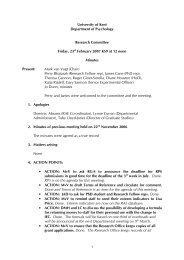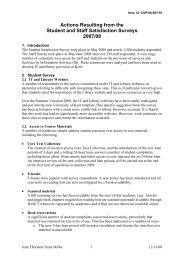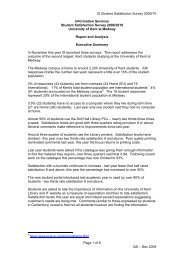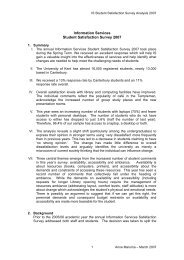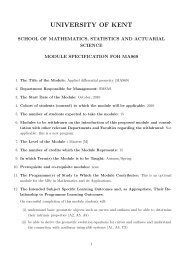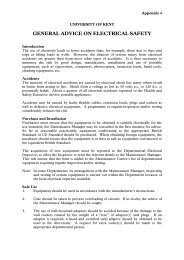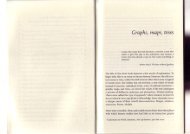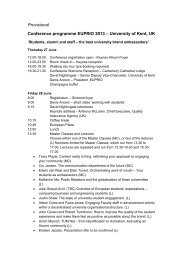cspdf, Job 181 - University of Kent
cspdf, Job 181 - University of Kent
cspdf, Job 181 - University of Kent
Create successful ePaper yourself
Turn your PDF publications into a flip-book with our unique Google optimized e-Paper software.
Greek self-narration with a ‘kernel’ (Laclau and Mouffe, 1995), a reference<br />
point. The way that modern Greeks internalised Western discourse is still<br />
preserved in their persistence in calling themselves Neohellenes or modern<br />
Hellenes, unconsciously designating their ‘crypto-colonial’ identity (Herzfeld,<br />
2002b). Unfortunately, the other, actual colonial past, the subjection <strong>of</strong> the<br />
Greek peninsula to the Ottomans for centuries, induced scorn and contempt<br />
for the modern Greeks. The verdict was that Ottoman rule had ‘orientalised’<br />
them to such an extent, that they had lost their centrality in European identity<br />
(Herzfeld, 1987). This discourse, replete with derogative terms such as ‘filthy’,<br />
‘disorderly’, ‘barbarous’, or simply, ‘Oriental/Turkish’, all <strong>of</strong> them popular in<br />
the nineteenth-century Western literature on Greece, makes philhellenism (as<br />
the love for things Hellenic, but not Neohellenic) a strange version <strong>of</strong><br />
Orientalism (the interest in things Oriental, coupled with a contempt for the<br />
actual, living, ‘Orients’ <strong>of</strong> the colonial nations). The schizophrenic Western<br />
discourse, in which Greece simultaneously played the role <strong>of</strong> the birthplace <strong>of</strong><br />
Europe and its internal ‘other’, was expressed by Greeks also in their attempts<br />
to repress or resist their Ottoman past in every possible way.<br />
Post-liberation Western political involvement in Greece complemented<br />
the symbolic colonisation <strong>of</strong> Greek culture. We find such crypto-colonialisms in<br />
different periods; the actors and agents involved are also different, but the<br />
consequences were always catastrophic. In the 1850s Western involvement in<br />
Greece involved a temporary occupation <strong>of</strong> the Greek capital by the British<br />
fleet. In 1919 it contributed to the outbreak <strong>of</strong> a Greek-Turkish war that was<br />
initially supported (‘instigated’, according to some Greek historians) by Britain



